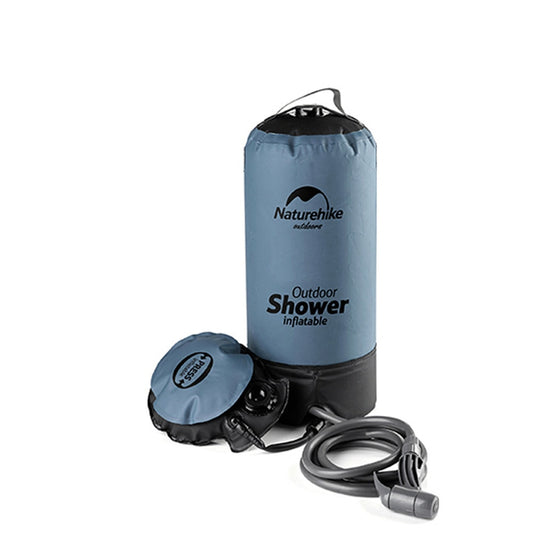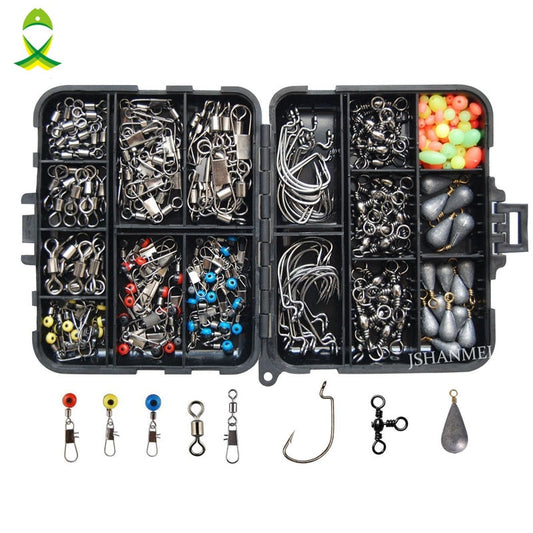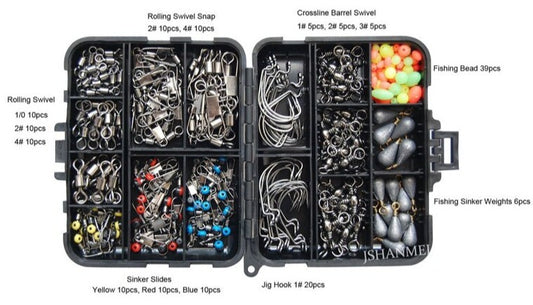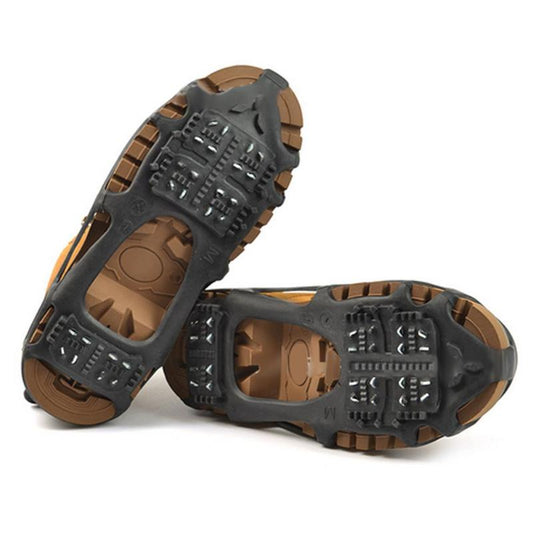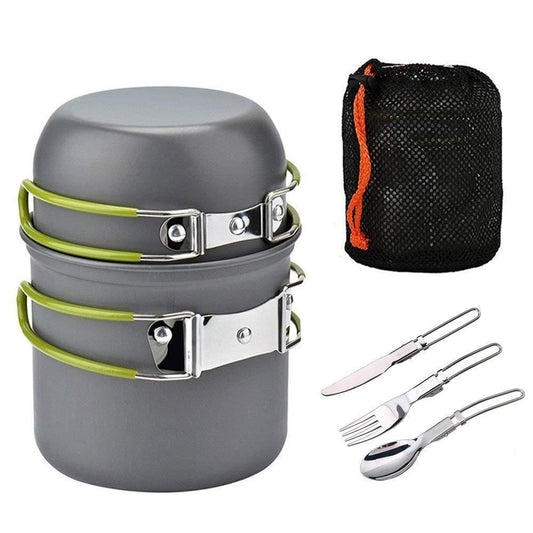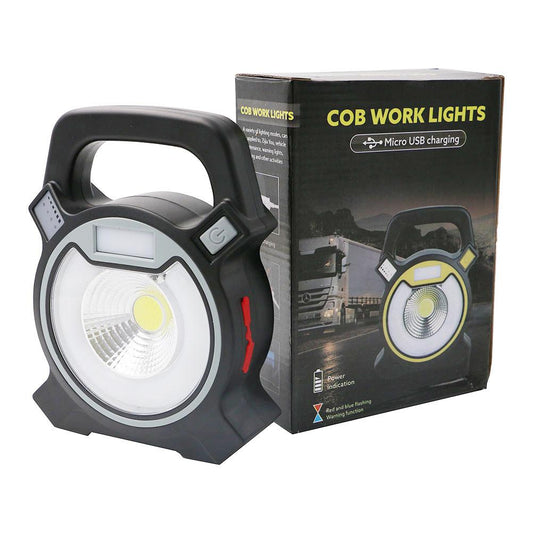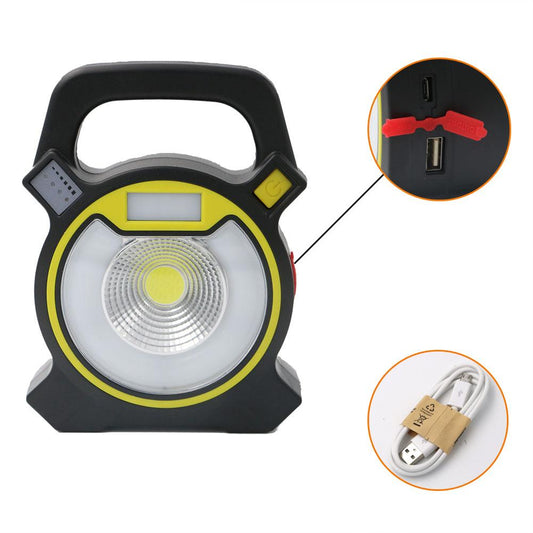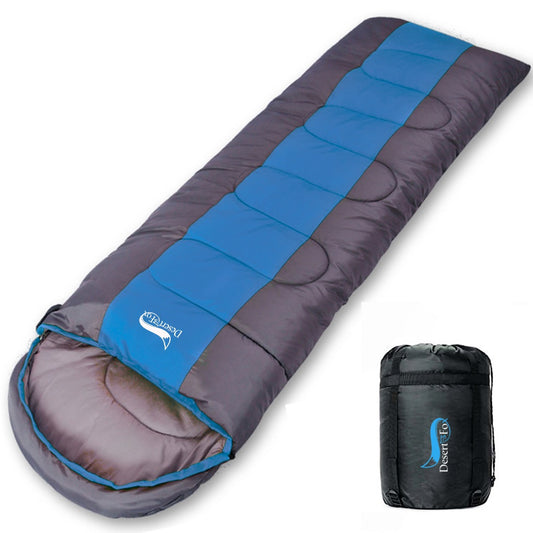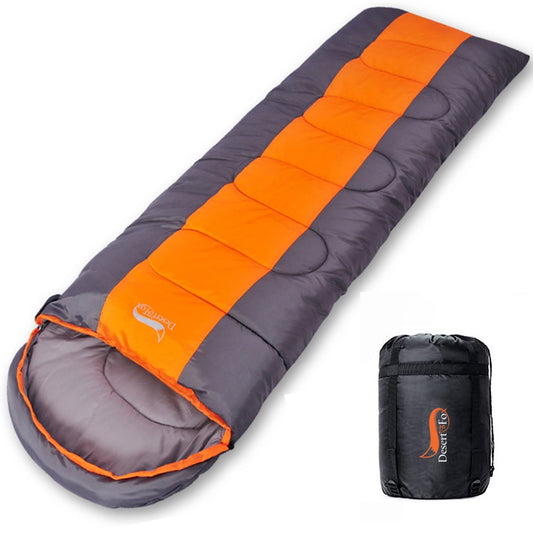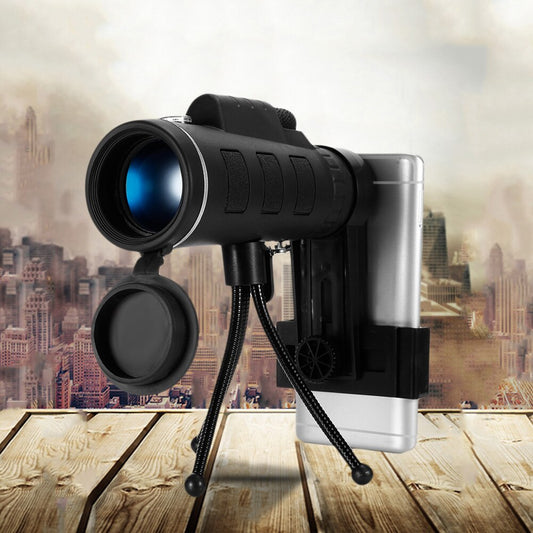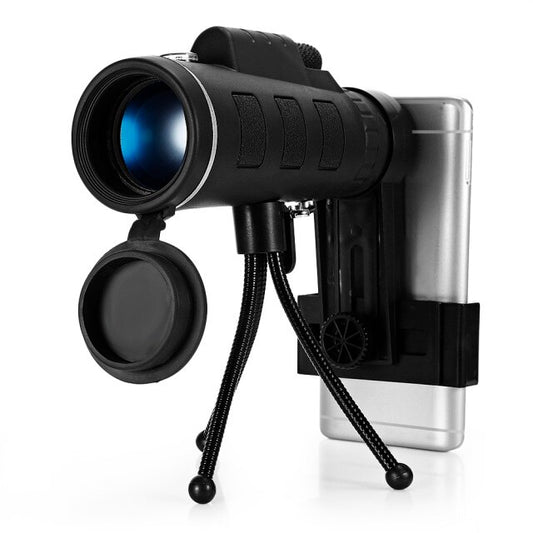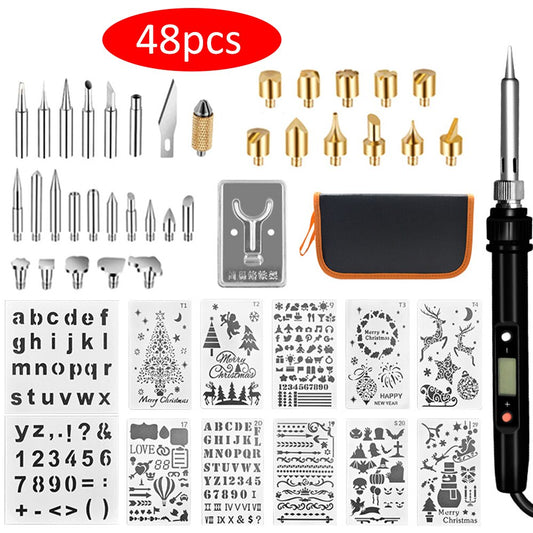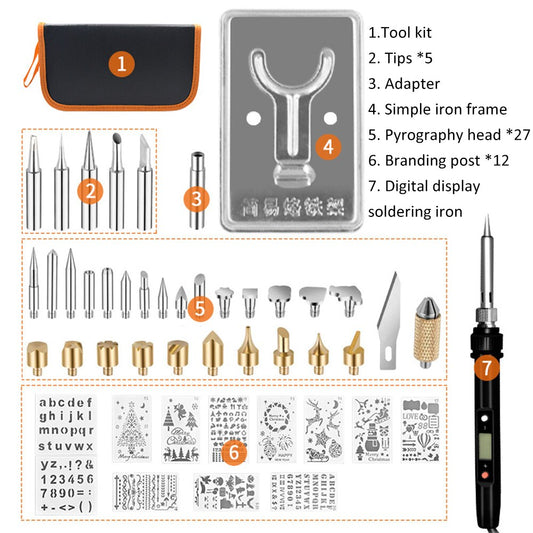Choosing a new computer can be a daunting task with so many options available on the market. To make the process easier, follow these expert tips to ensure you select the perfect computer for your needs.

Before making a decision, determine the primary purpose of the computer. Will you be using it for work, gaming, graphic design, or simply browsing the internet? Different tasks require different specifications, so it's essential to know your intended use.
One of the first decisions to make is choosing an operating system. Windows, macOS, and Chrome OS are the most common options. Each has its own set of features and benefits, so select the one that aligns best with your preferences and needs.
Windows:
Developed by Microsoft, Windows is the most popular and versatile operating system, widely used in both personal and business environments. It offers broad compatibility with a vast array of hardware, software, and peripherals. Windows provides a flexible, customizable interface, and supports everything from gaming to professional applications. It is known for its rich ecosystem of applications, including Microsoft Office and Adobe products, and is favored in industries where compatibility and productivity tools are critical. The latest versions, such as Windows 11, emphasize a streamlined design, improved security features, and integration with cloud services.
macOS:
Apple's macOS is known for its sleek design, intuitive interface, and seamless integration with other Apple products like the iPhone, iPad, and Apple Watch. Built exclusively for Apple hardware, macOS offers stability, high performance, and a polished user experience. It’s favored by creative professionals for its optimization with multimedia software like Final Cut Pro and Logic Pro. macOS is also known for its robust security and privacy features, as well as regular updates that enhance both functionality and aesthetics. Its Unix-based architecture also makes it appealing to developers and power users.
Chrome OS: Designed by Google, Chrome OS is a lightweight, cloud-centric operating system. It is built around the Chrome browser, with most applications and services accessible via the web. Chrome OS is optimized for efficiency and speed, making it a great choice for users who primarily work online, like students or those using cloud-based tools like Google Workspace. While it lacks the extensive software library of Windows or macOS, Chrome OS is secure, easy to use, and offers integration with Android apps. Chromebooks, which run on Chrome OS, are known for being affordable, portable, and efficient for everyday tasks like web browsing, email, and document creation.
Summery:
- Windows is the most versatile and widely supported, making it ideal for general users, professionals, and gamers alike.
- macOS is tailored to those in the creative industries or users who value design, stability, and integration with the Apple ecosystem.
- Chrome OS is best for light users who need fast, affordable, and cloud-based computing, making it especially suited for students or those focused on web tasks.
To view a full comparison on these different types of computers click here.
When comparing computers, pay close attention to the specifications. Factors like processor speed, RAM, storage capacity, and graphics capabilities can significantly impact the computer's performance. Consider what specifications are important for your intended use.
Another crucial factor to consider is whether you prioritize portability or power. Laptops offer mobility, while desktops typically provide more processing power. Think about whether you need a computer that you can easily take on the go or one that will stay in a fixed location.
It's essential to establish a budget before shopping for a new computer. Prices can vary widely, so determining how much you are willing to spend will help narrow down your options. Remember to consider additional costs like accessories and software.
Before making a final decision, take the time to read reviews and compare different computer models. Look for feedback from users who have similar needs to yours and consider factors like reliability, customer support, and warranty coverage.
By following these expert tips, you can confidently choose your next computer with ease. Remember to prioritize your specific needs and preferences to find the perfect match for you.
Presented By Coach Trina at dragoyle.com




